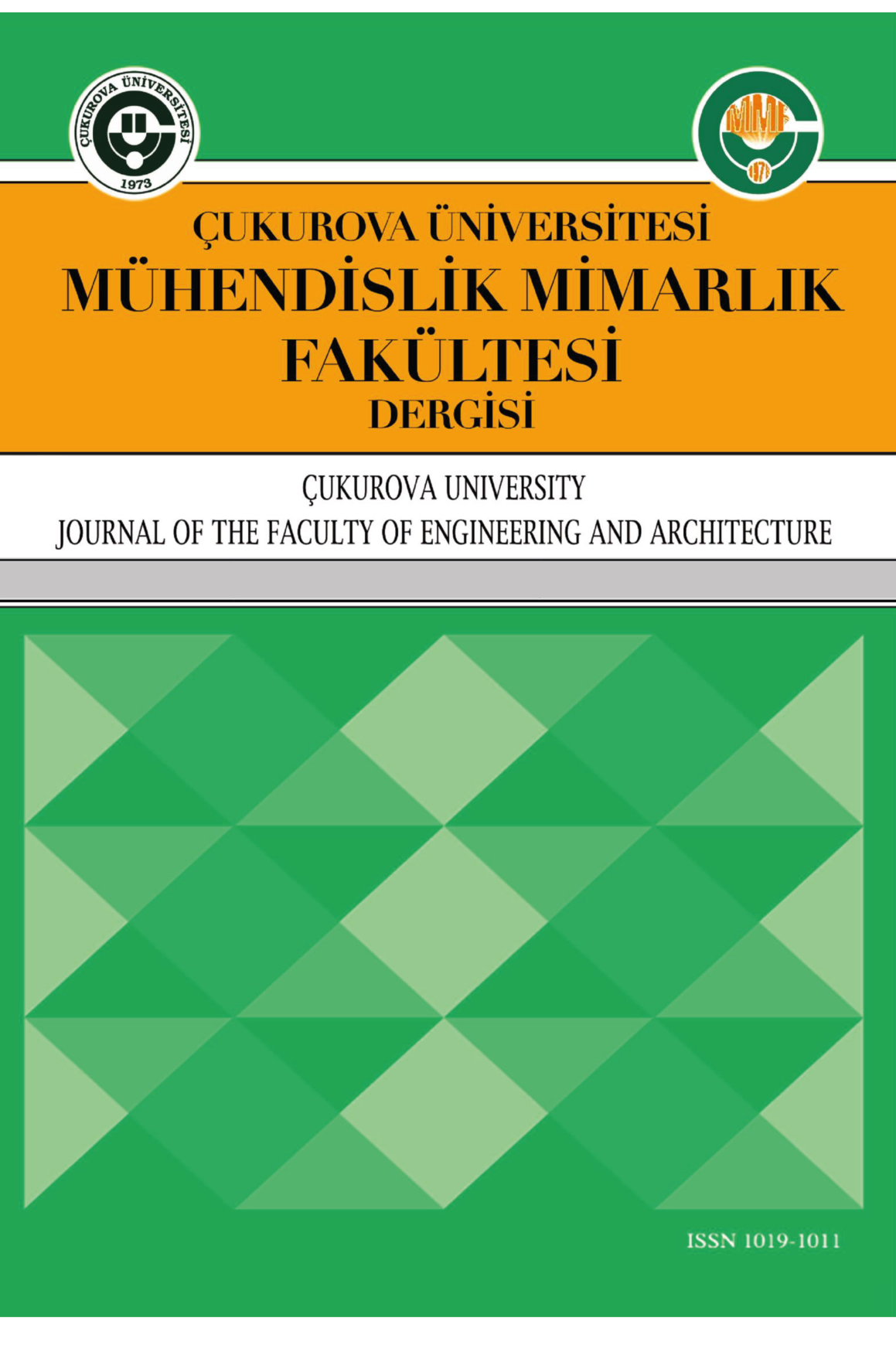Uygulamalı Otomasyon Sistemleri Eğitim Simülatörü Geliştirilmesi
Türkiye’de iş çevrelerinin ortak beklentisi, mesleki ve teknik okulların yetiştirdiği teknik elemanların
Anahtar Kelimeler:
Otomatik kontrol, Eğitim simülatörü, Mesleki eğitim, PLC
Development of an Applied Automation Systems Simulator
The common expectations of the business world in Turkey are that the vocational schools of highereducation and technical schools train students according to the needs of the industry. In the rapidlydeveloping automation sector there is serious shortage of technically skilled personnel. The only way toprovide the amount of skilled technical personnel up to the expectations of the industry can only beachieved by making the education in vocational schools oriented for the applied industry practice.The developed Applied Automation Systems Simulator is designed to be used in vocational and technicalschools and also can be used in enterprises in the industry for hands on training for the staff. Thissimulator is a training material that helps the technical personnel candidates who attend vocationaleducation to participate applied activities and to design new applications on their own.There exist the miniatures of all the electrical sensors used in the industrial production systems on thesimulator where students can participate in some predefined application examples, observe and gatherinfo about experiments made by the students using the software in the simulator. Hence an educationalenvironment where students can practice real life situations applied in the industry before going to thefield can be created and the students can learn how to make reasoning in such situations by improvingtheir skills.The developed simulator is compatible with all the PLC brands used in the industry therefore giving theability to test the programs written by the students in the software employed in the simulator. At the sametime by the use of microcontroller based control cards experimental studies can easily be made with thesimulator. The way to success in vocational and technical education is only possible by reinforcing thetheoretical education with hands on activities and experiential training. This simulator is capable of fillingthe gap in this field.
Keywords:
Automatic control, Training simulator, Vocational education, PLC,
___
- 1. Yörük, S., Dikici, A., Uysal, A., 2002. Bilgi Toplumu Ve Türkiye’de Mesleki Eğitim, Fırat Üniversitesi Sosyal Bilimler Dergisi, Cilt 12, Sayı 2, 299-312, Elazığ.
- 2. TİSK, 1997. Türkiye’de ve Dünyada Mesleki Eğitim, Ankara.
- 3. Akpınar, B., 2005. Teknik Öğretmen Yetiştirme Sorunu ve Teknik Eğitim Fakültelerinin Geleceği, GÜ, Gazi Eğitim Fakültesi Dergisi, Cilt 25, Sayı 1, 259-274, Ankara.
- 4. Karacan, S., Karacan, E., 2004. Meslek Yüksekokullarında (MYO) Yapılan Staj Uygulamalarına İlişkin Bir Araştırma: Kalite ve Verimlilik İçin İş Yerleri–MYO İşbirliğinin Gereği, Kocaeli Üniversitesi Sosyal Bilimler Enstitüsü Dergisi, 168-184, Kocaeli.
- 5. Şimşek, E., Bilgili, M., Küçükatay, O., 2015. Programlanabilen Mantiksal Denetleyici (Plc) İle Çalişan Split Klima Tasarimi, 1.Endüstriyel Otomasyon Kongre Ve Sergisi , Adana, Türkiye, 14-16 Mayıs, Cilt.1, no.E/MMO/642, Sayfa 143-156, Adana.
- 6. Akçali, İ., D., 1999. Otomatik Kontrol, Ç.Ü. Mactimarum Yayın No: 9, Adana.
- 7. http://www.gemo.com.tr/ 7.01.2016 tarihinde erişildi.
- 8. http://www.fastltd.com/ 07.01.2016 tarihinde erişildi.
- 9. http://haber.star.com.tr/ekonomi/eleman- var ama, 9.02.2016 tarihinde erişildi.
- 10. http://www.iskur.gov.tr/isarayan/kursarama.asp x 09.012. 2016 tarihinde erişildi.
- ISSN: 2757-9255
- Yayın Aralığı: Yılda 4 Sayı
- Başlangıç: 2009
- Yayıncı: ÇUKUROVA ÜNİVERSİTESİ MÜHENDİSLİK FAKÜLTESİ
Sayıdaki Diğer Makaleler
Kömürlerin Kimyasal Özelliklerinin Kendiliğinden Yanma Yatkınlığı Üzerindeki Etkisinin Araştırılması
İnşaat Mühendisleri Özelinde Eş Zamanlı Mühendislik Yaklaşımının İrdelenmesi
Olcay GENÇ, Ercan ERDİŞ, Hilmi ÇOŞKUN
Elazığ Bölgesi Kromitit ve Yan Kayaçlarına ait PGE İçerikleri ve Jeokimyasal Yorumu
Gülşah ÖZEK, Muharrem AKGÜL, Nusret NURLU, Nil YAPICI
Konfeksiyon İşletmesinin Verimliliği için İş Etüdü Tekniği Kullanımı
Zehra KUMAŞ, Emel Ceyhun SABIR, Pınar DURU BAYKAL
İş Tatmininin Çalışan Motivasyonu Üzerine Etkileri: Türk İnşaat Sektöründe bir Araştırma
Sarbast MOSLEM, Gözde TANTEKİN ÇELİK
Çukurova Üniversitesi Balcalı Kampüsü Kuzey Çarşı Projesi
Kalker Taş Duvarlarda Sıcaklık ve Nem Performansının İncelenmesi
